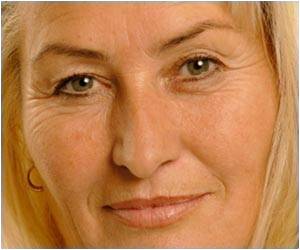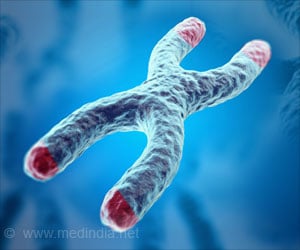Young adults born to mothers, who had experienced psychological trauma during their pregnancies, show signs of aging faster, a new study has found.

"Our previous research on prenatal stress exposure has shown its effects on long-term metabolic, immune, endocrine and cognitive function," said the study's lead author, Dr. Pathik D. Wadhwa, UCI professor of psychiatry and human behavior, obstetrics and gynecology, pediatrics, and epidemiology.
"But this is the first to show the impact of prenatal stress on cell aging in humans, and it sheds light on an important biological pathway underlying the developmental origins of adult disease risk," he stated.
Study participants were healthy 25-year-old women and men born to mothers who had, during pregnancy, experienced psychosocial stress in the form of major, traumatic life events, such as the death or sudden severe illness of an immediate family member.
Blood tests revealed that subjects' white blood cells had aged an average of three and a half more years - five among women - than those of individuals whose mothers had uneventful pregnancies.
This hastened aging was evidenced by the shortened length of telomeres, repetitive stretches of DNA-protein complexes that cap and protect the ends of chromosomes.
Advertisement
The study appears online this week in the Proceedings of the National Academy of Sciences.













